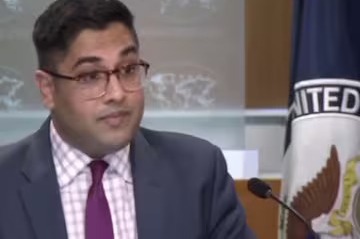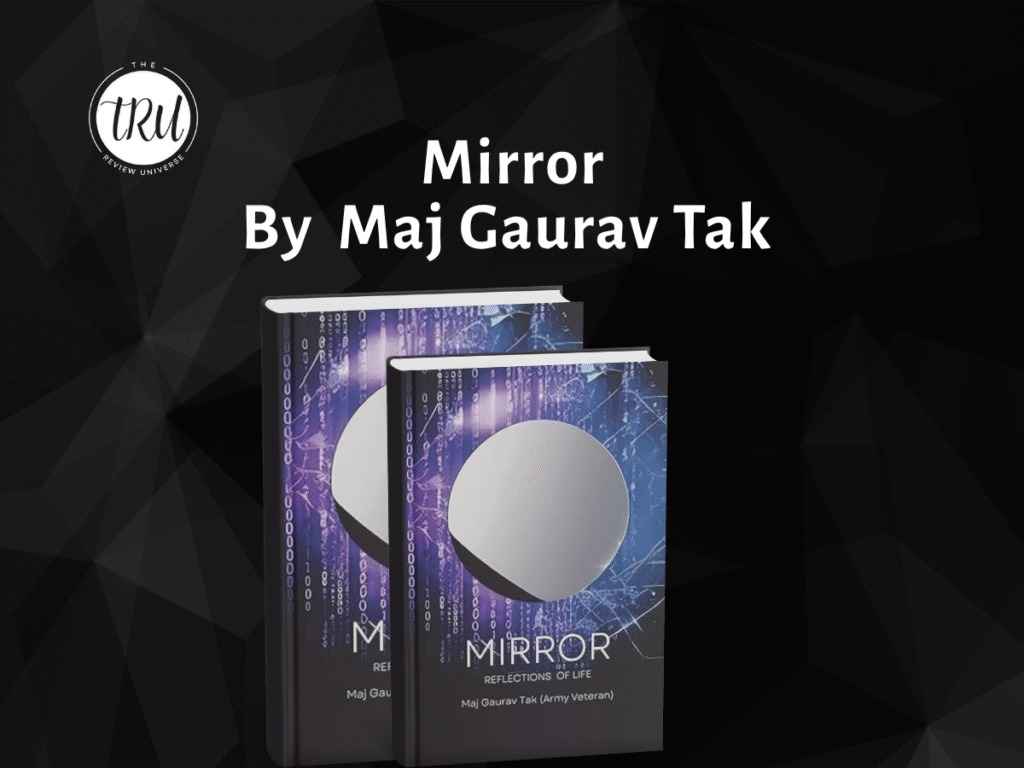- November 18, 2024
Pakistan Journalist Asks US Official About India Not Travelling For Champions Trophy, Watch His Reply

In a recent press conference, a Pakistani journalist posed a thought-provoking question to a US official regarding India’s absence from the upcoming Champions Trophy, scheduled to take place in Pakistan. This interaction has sparked curiosity and speculation regarding the dynamics of international cricket, particularly in the context of India’s historical ties with Pakistan and the geopolitical tensions that have often overshadowed sporting events in the region. The Champions Trophy is one of cricket’s prominent international tournaments, traditionally bringing together the best teams to compete for the title. India, as a giant in the cricketing world, undoubtedly adds a significant draw to the tournament. However, political relations between India and Pakistan have frequently influenced sporting engagements, with cricket being a notable victim of these tensions. The journalist’s question was laden with implications not only about cricket but also about the broader relationship between the two countries and their involvement in international sporting events. During the press conference, the US official’s response was measured and diplomatic, reflecting the complexity of the situation. He acknowledged the significance of the Champions Trophy and cricket as a unifying force among nations, but also pointed out that sporting decisions are often influenced by broader political considerations. The U.S., long positioned as a mediator in South Asian politics, is aware that both cricket and diplomacy are deeply intertwined, and the absence of a major team like India can influence the atmosphere and integrity of international competitions. The official further highlighted that cricket serves not only as a sport but as a platform for diplomacy and cultural exchange. This perspective resonates with many cricket fans who view the game as a celebration of unity, grace, and sportsmanship that transcends borders. Yet, the reality is that the relationship between India and Pakistan remains fraught with historical grievances, territorial disputes, and security concerns. Leaders are often faced with the difficult task of balancing national pride with the desire for sporting celebration. The journalist’s inquiry also shed light on the sentiments prevalent among cricket fans in both countries who are desperate for normalization of relations through the medium of cricket. Both nations boast ardent fan bases, and cricket matches between India and Pakistan are viewed as significant cultural events. These matches are often characterized by heightened emotions, intense rivalries, and an electrifying atmosphere that captivates millions. If India were to attend the Champions Trophy, it would not only be an opportunity to showcase their cricketing prowess but also a chance for both nations to embrace a spirit of fellowship amidst existing tensions. As the US official pointed out, while the desire is undoubtedly present for India to participate, the cricketing board and government of India have stringent protocols governing international relations. These protocols come into play especially concerning matters that might affect national security or international diplomacy. The official’s answer served as a reminder that the motivations behind sporting decisions often extend beyond mere competition and reflect the political climate of the region. The broader implications of India’s potential absence from the tournament cannot be overstated. It not only affects the matches scheduled in Pakistan but also the commercial aspects, including sponsorships, viewership ratings, and the potential for tourism associated with such high-stake events. Without a team of India’s stature participating, the luster of the tournament may be diminished, posing challenges for event organizers who count on high-profile teams to secure revenue and global attention.
The post Pakistan Journalist Asks US Official About India Not Travelling For Champions Trophy, Watch His Reply first appeared on InfluencersPro.



